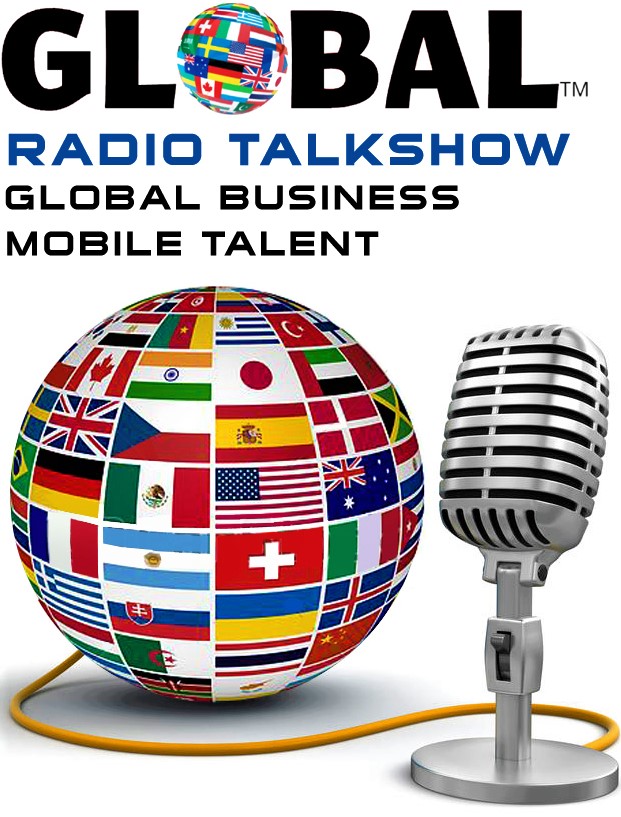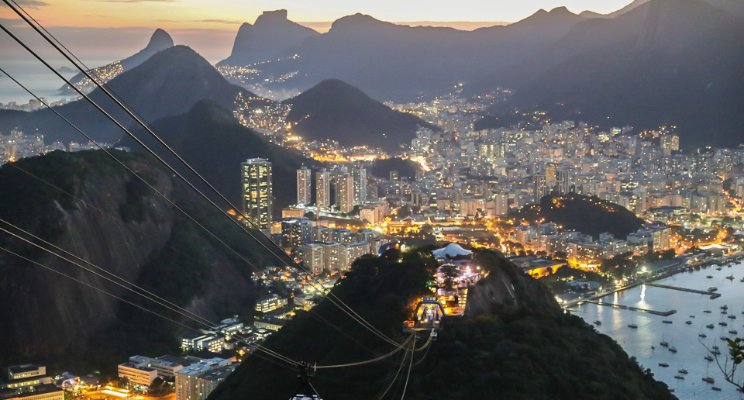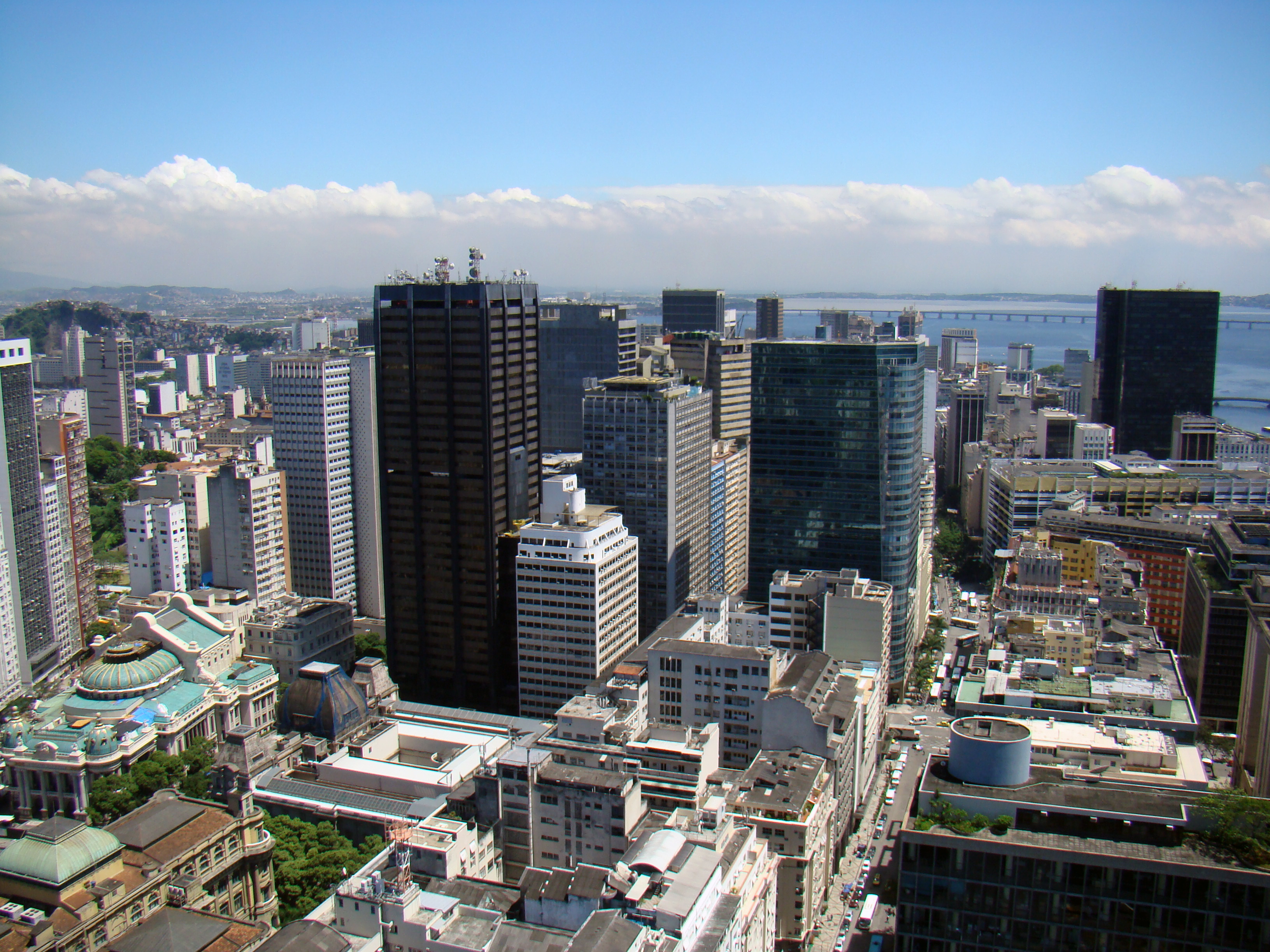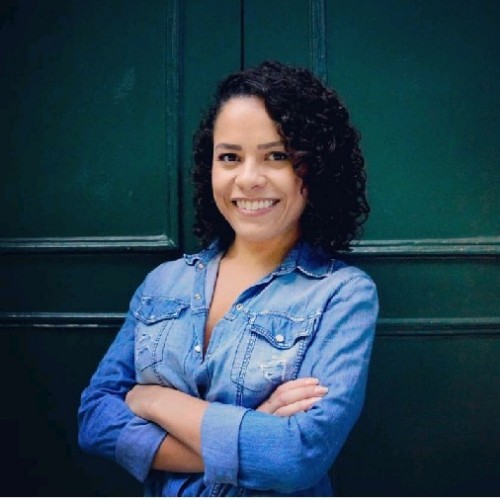Podcast: Play in new window | Download
Subscribe: Apple Podcasts | RSS

Senior Global Mobility Analyst
DOF Brasil
NorSkan Offshore & DOF Subsea Brasil
Achievements:
* Structured the Global Mobility department in Brazil, aligning migration (in and outbound), relocation, taxation and business trips routine.
* Built the GM policy implementation project for the group
More about
Human Rights defender, with experience living abroad and more than 7 years in the Global Mobility area, with a “CAN DO” attitude.
Experience in macro and micromanagement of expatriation processes for inbound and outbound, from planning to repatriation.
Always seeking to develop skills and improve knowledge, Janaína is guided by challenges and pursue them in an increasing and continuous way.
With focus, adapts very well into multicultural teams and is attentive to innovations and always open to the new.
Nowadays she split her time between the challenges in the Brazilian migration law and the writing and preparing of the Global Mobility policy implementation at DOF group.
“Fascinates me how we are built of our opportunities and experiences from a really young age.
I will not say that the folklore was the main responsible to direct my interest for the #International Relations and later to the #Global Mobility and everything that it involves, but I cannot take away the positive impact that it made in my values and the professional I am today.
My family, with their deeply rooted Polish #traditions, respected my choice and interest in the Italian #culture, and later endured my dreams as an International Relations student, to explore this fascinating world, even if for them, in their simplicity, it was still something so distant.
Time seems to pass faster and access to the world and its #multiple cultures is for anyone today. It is impossible, regardless of the reality and the industry in which we are involved, to be averse or distant from #cultural diversity.
We are talking a lot about bringing the “human” to our increasingly automated processes and routines, but how open are we to promote humanly respect to the #multiculturalism?
How do you promote #intercultural respect in your routine as an Internationalist, as a Global Mobility professional, as an Intercultural expert or as a Human Rights Defender?
These are just some of my thoughts, and I would love to know how you have found ways to work out this subject in your routine…”
Rio de Janeiro
A huge seaside city in Brazil, famed for its Copacabana and Ipanema beaches, 38m Christ the Redeemer statue atop Mount Corcovado and for Sugarloaf Mountain, a granite peak with cable cars to its summit.
The city is also known for its sprawling favelas (shanty towns).
Its raucous Carnaval festival, featuring parade floats, flamboyant costumes and samba dancers, is considered the world’s largest.
Brazil, officially the Federative Republic of Brazil, is the largest country in both South America and Latin America.
At 8.5 million square kilometers and with over 208 million people, Brazil is the world’s fifth-largest country by area and the fifth most populous.


That I’m passionate for everything that I work with, it’s a known fact for everyone that has some contact with me.
My followers on the other social medias probably realized that in the last two weeks I was in a “folk mood”…
Most people don’t know, and my old friends maybe do not remember, but on my teen years I was one of the dancers at an Italian folk group, Piccola Italia. Yes, a Polish descendant in an Italian group!
My hometown, Curitiba, hosted for the 58th year the traditional ethnic festival “Festival Folclórico de Etnias do Paraná, Folclorize“, that celebrates the #cultural diversity brought from the nationalities that #migrated to south Brazil and built the local identity, which is so rich in its #diversity.
Presentation of the Polish group Wisla, in the 58th “Festival de Etnias do Paraná”.Marina Furman has been a passionate folklorist for 21 years.
One of the festival objectives is the promotion of #intercultural tolerance, a theme that we need, against so much development, to bring continuously to the table to be addressed and hopefully soon to be fully #respected.
Unfortunately I was not there this time, but I got to watch some of the performances over the internet and with the great memories that came into my mind, I got myself thinking about how early I got the opportunity to be involved in this amazing #multicultural atmosphere.
Fascinates me how we are built of our opportunities and experiences from a really young age.
I will not say that the folklore was the main responsible to direct my interest for the #International Relations and later to the #Global Mobility and everything that it involves, but I cannot take away the positive impact that it made in my values and the professional I am today.
My family, with their deeply rooted Polish #traditions, respected my choice and interest in the Italian #culture, and later endured my dreams as an International Relations student, to explore this fascinating world, even if for them, in their simplicity, it was still something so distant.
Time seems to pass faster and access to the world and its #multiple cultures is for anyone today. It is impossible, regardless of the reality and the industry in which we are involved, to be averse or distant from #cultural diversity.
We are talking a lot about bringing the “human” to our increasingly automated processes and routines, but how open are we to promote humanly respect to the #multiculturalism?
How do you promote #intercultural respect in your routine as an Internationalist, as a Global Mobility professional, as an Intercultural expert or as a Human Rights Defender?
These are just some of my thoughts, and I would love to know how you have found ways to work out this subject in your routine…




